A form of fortified wine primarily found to be dry or sweet, marsala wine is either imbibed directly as a rather strong alcoholic beverage or utilized frequently in the culinary arts so as to impart a distinctly complementary flavor meant to be used alongside other savory ingredients in the recipe.
Especially in its dry form, marsala wine can be used for a variety of purposes pertaining to cooking, such as its reduction alongside certain aromatic vegetables in order to create a sauce, or its use as a marinade ingredient, or even in the use of simply adding it to a pan during cooking so as to retain a portion of its flavor notes.
The best alcoholic Marsala Wine substitutes are cooking sherry, sherry wine, pinot noir, and alcoholic grape juice mix. The best fortified alcoholic wine substitutes for marsala wine are Madeira, Vermouth, and Port. The best non-alcoholic substitutes for marsala wine are white grape juice, cranberry juice, and apple cider vinegar. The best spice substitutes for Marsala wine are rosemary or a mixture of vanilla bean and tamarind paste.
Alcoholic Marsala Wine Substitutes
Being a fortified wine, one of the hallmark characteristics of marsala wine is its somewhat higher alcohol percentage per unit of volume in comparison to other types of wine, with the standard ABV of most wines in the United States being a relatively low 12%, and marsala wine possessing anywhere from 15-20% ABV.
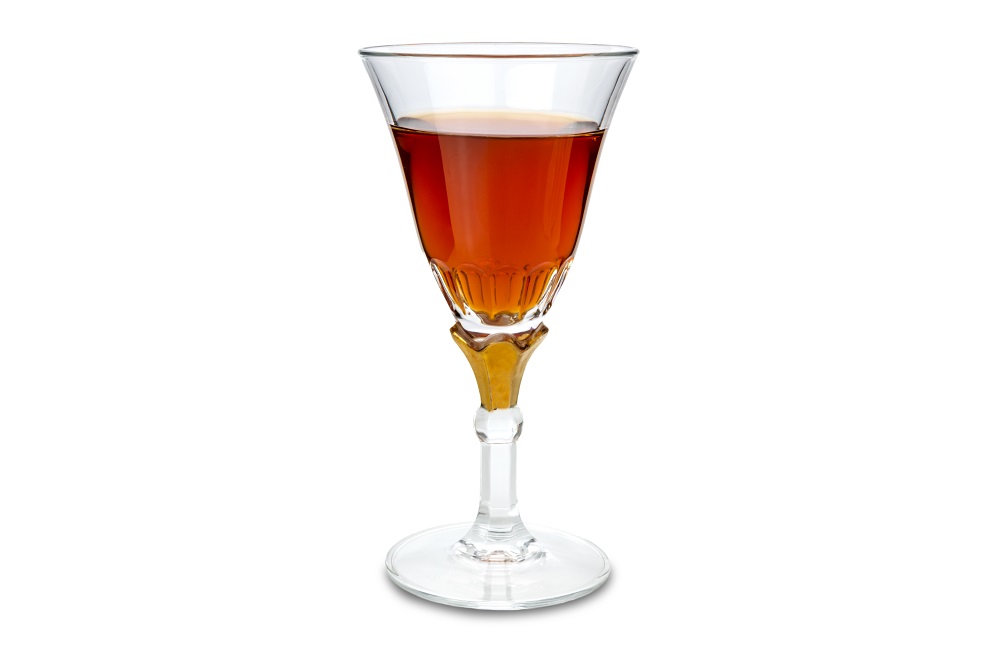
If consuming marsala wine as a drink or for the purposes of using its alcoholic percentage as a cooking factor, several other types of wine may instead be used, replicating both its strength and flavor with very little in the way of downsides.
Cooking Sherry
Technically a form of fortified wine, cooking sherry is most often compared to its dry cousin due to the similarity in their relative flavor profiles, with cooking sherry presenting a sweet aroma and flavor and oftentimes possessing an ABV of approximately 17% on average due to the addition of brandy for fortification.
In terms of substitution for marsala wine, the similarity in their alcohol percentage and flavor profiles means that cooking sherry may replace the marsala wine in a one to one ratio, though care must be taken due to the visual appearance difference between the two.
Sherry Wine
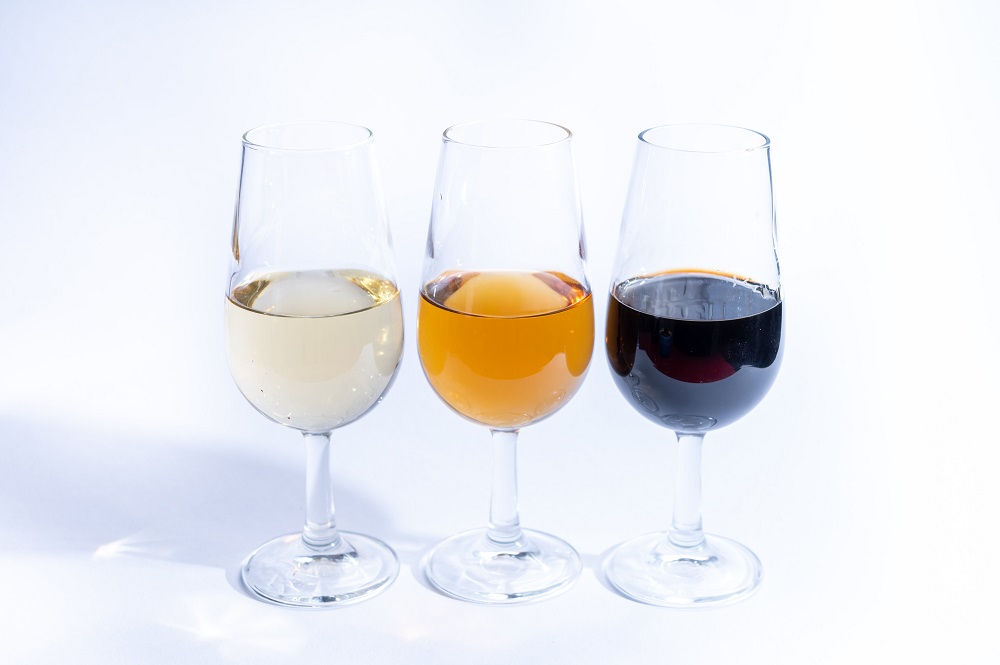
Another form of fortified wine, sherry wine is produced from white grapes with the primary difference between it and cooking sherry being the fact that sherry wine is meant for the purposes of drinking instead of usage in the culinary arts.
As a substitution for marsala wine, sherry wine may also be used in a near one to one ratio owing to their similarity in alcoholic percentages (up to 22% approx) as well as the similarity in their flavor profiles, with sweet sherry wine and dry sherry wine replicating the tastes of their marsala counterparts respectively.
Pinot Noir
A variety of red wine, pinot noir is considered non-fortified, unlike marsala wine and the previous two beverages listed on this article, making it somewhat weaker in alcoholic content at an average level of 12-13%.
As an alcoholic substitution to marsala wine, pinot noir is best used in slightly higher volumes than marsala wine would normally be utilized in due to its somewhat weaker alcohol percentage as well as the fact that pinot noir presents a smoother and somewhat less sweet taste, occasionally requiring the addition of sugar in order to fully act as a flavor replacement.
Alcoholic Grape Juice Mix
Not to be confused with wine, grape juice may occasionally be fortified with certain other forms of alcoholic beverages such as brandy so as to impart an alcoholic percentage into its otherwise non-alcoholic form.
Alcoholic grape juice mix may also act as a substitute for marsala wine, though the differences in flavor may be distinct, especially in certain brands of grape juice that utilize red grapes instead of white, creating a sweeter and less dry flavor profile that does not entirely line up with that of marsala wine.
Fortified Alcoholic Wine Substitutes for Marsala Wine
Being a fortified wine itself, brandy or similar stronger alcohols are often added to marsala wine during its manufacturing process in order to strengthen its relative alcohol content, of which has the added benefit of allowing a reducing reaction to occur during cooking as well as a distinctly more ethanol taste.
Madeira
A type of fortified wine originating from Portuguese cuisine, madeira has a wide ranging flavor and texture profile much like marsala wine itself, with certain forms of madeira wine being sweet and consumed on their own and others taking a more dry texture, making them excellent for the purposes of cooking.
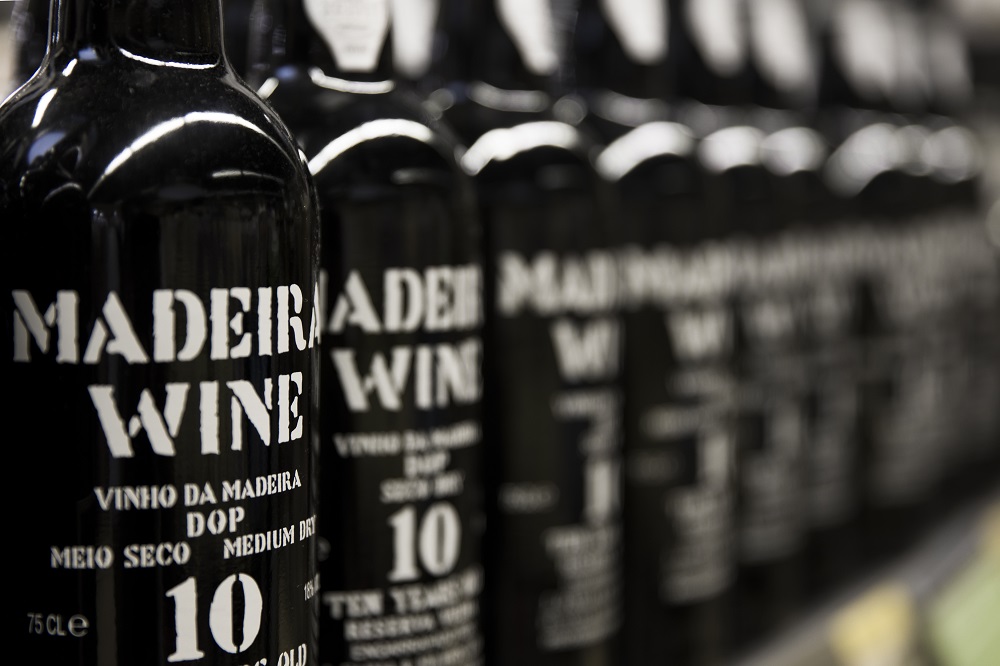
As a substitute to marsala wine, madeira is noted for having a rather unusual manufacturing process wherein an oxidizing reaction is catalyzed through the use of heat and time, producing a sweet and slightly dry flavor that may be modified by the factors mentioned previously, making certain brands of madeira difficult to distinguish in taste from marsala wine.
Vermouth
Another type of fortified wine incorporating certain aromatic ingredients and botanicals so as to impart a unique and complex flavor, vermouth may act as a potential marsala wine substitute in recipes that require not only a distinct cooking wine flavor but also an added aromatic taste profile.
Vermouth is best used as a marsala wine substitute in such things like marinades and meat or fish dishes, of which normally possess a savory flavor that can benefit from the somewhat more herbal and botanical tastes of vermouth.
Port
A fortified wine originating from Portugal, port retains many similarities with marsala wine both in flavor and appearance, such as the fact that both port and marsala wine possess a semi-sweet and dry flavor that pairs well with both savory and sweet dishes, making a versatile drink or cooking ingredient.
Port is most often found in its red wine form, but certain forms of the wine may also be purchased sourced from white grapes, creating a dryer and more sweet flavor that may be somewhat stronger than some forms of marsala wine.
Non-Alcoholic Substitutes for Marsala Wine
Certain cocktail mixtures or cooking recipes may require that a non-alcoholic substitute to marsala wine be found, whether for religious or ethical beliefs, due to an intolerance, pregnancy, or a variety of other reasons that require a distinct lack of ethanol alcohol be present in the consumer’s food.
Certain non-alcoholic ingredients may fulfill this very substitutional purpose, though it is important for the chef to temper their expectations, as completely replicating the appearance or flavor of marsala wine without the use of a similar fortified wine may be difficult to do.
White Grape Juice
Making up part of the primary flavor profile of marsala wine, white grape juice may be mixed into a mocktail or used as a cooking ingredient in much the same way marsala wine would, being capable of acting as a substitute in a one to one ratio.
However, despite the slightly dry and somewhat sweet flavor of white grape juice, the incorporation of other non-alcoholic ingredients listed in this article may be used so as to bring white grape juice’s relative flavor profile closer to that of marsala wine.
Cranberry Juice
Though not as dry, cranberry juice is another potential non-alcoholic substitute for marsala wine in the vein of imparting a slightly sour and sweet flavor that is meant to pair with savory ingredients, enhancing the total flavor profile of the dish with none of the alcohol content that would normally be imparted by marsala wine.
Cranberry sauce and cranberry jelly may also be used in instances where the marsala wine was meant to be added to a marinade or sauce, as both cranberry sauce and jelly present their own textural benefits when added to these dishes.
Apple Cider Vinegar
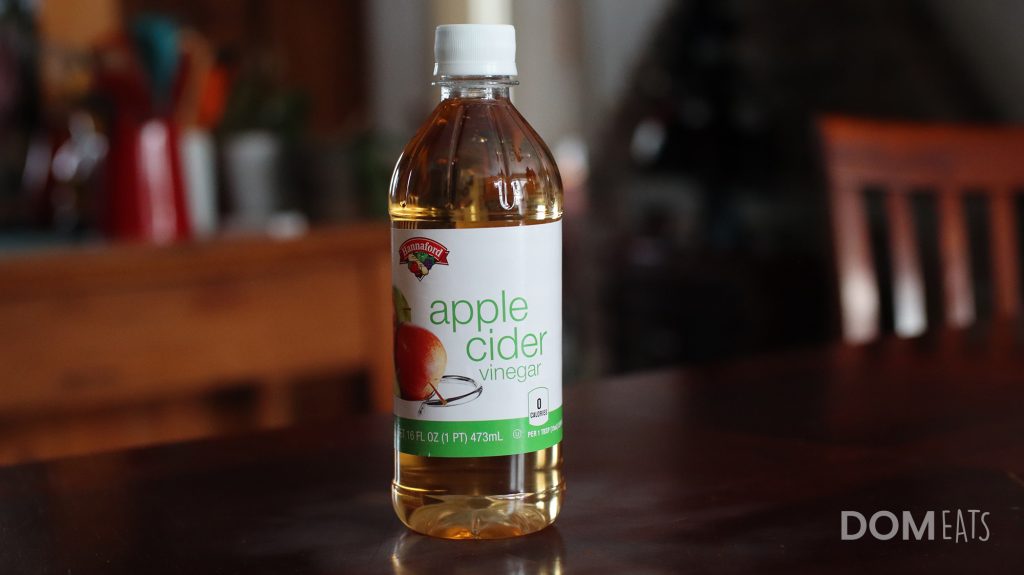
Best used sparingly and diluted by other ingredients in the recipe, apple cider vinegar may act as a substitute for marsala wine in certain cooking recipes that primarily require an acidic yet dry component be added to the flavor profile.
It is important to keep in mind that apple cider vinegar’s significant pungency and acidity may overpower a dish quite easily, especially when used in larger volumes, and as such it is best to minimize the volume of apple cider vinegar used when choosing to substitute marsala wine with this particular ingredient.
Spice Substitutes for Marsala Wine
In the event that a liquid ingredient is not suitable for the substitution of marsala wine, certain spices may instead be used so as to recreate some of the finer flavor notes found in marsala wine, especially when incorporated into such dishes like meat casseroles or stews.
Rosemary
Capable of recreating the finer aftertaste of marsala wine, especially that which has been fortified with high quality brandy, rosemary sprigs may be added to a meat or fish marinade so as to impart a distinctly herbal and slightly sweet flavor that pairs with savory tastes in much the same way marsala wine itself would.
Vanilla Bean and Tamarind Paste Mixture
Though not usually commercially available and highly dependent on the particular concentration of each ingredient, vanilla bean and tamarind paste as a mixture may recreate the dry yet sweet and ever so slightly acidic flavors of marsala wine, especially when muddled in a cocktail or similar alcoholic beverage.
An added benefit to using this particular mixture as a marsala wine substitute in cooking is its paste-like texture, allowing it to be used as a marinade or sauce quite easily without the addition of thickening or binding ingredients.
References
1. J. Robinson (ed) The Oxford Companion to Wine Third Edition p. 428–429 Oxford University Press 2006 ISBN 0-19-860990-6
2. Tom Stevenson “The Sotheby’s Wine Encyclopedia” The Fourth Edition p. 334 DK Publishing 2007 ISBN 978-0-7566-3164-2
3. Reader H.P., Dominguez M. (1995) Fortified wines: sherry, port and Madeira. In: Lea A.G.H., Piggott J.R. (eds) Fermented Beverage Production. Springer, Boston, MA. https://doi.org/10.1007/978-1-4757-5214-4_7
4. Abreu T, Perestrelo R, Bordiga M, Locatelli M, Daniel Coïsson J, Câmara JS. The Flavor Chemistry of Fortified Wines-A Comprehensive Approach. Foods. 2021;10(6):1239. Published 2021 May 29. doi:10.3390/foods10061239

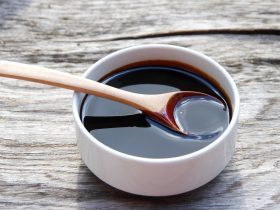
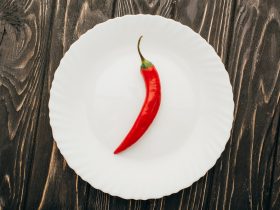
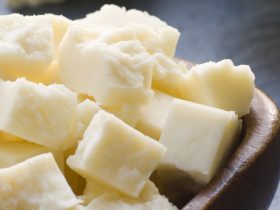
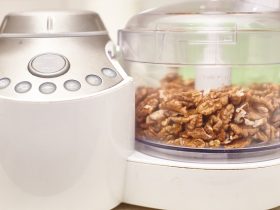
Hi, I'm Dom
Dom Eats was started to help other people fall in love with food. While cooking can feel intimidating, it doesn't have to be.